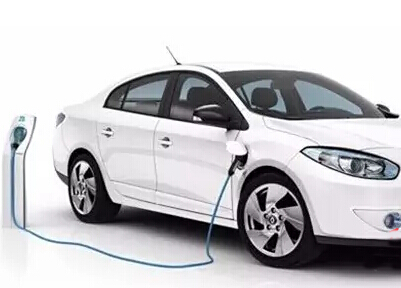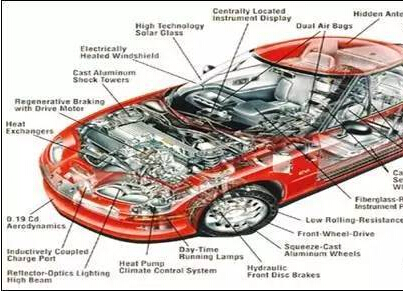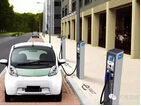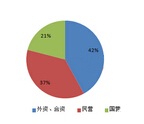China has been the world's largest new energy vehicle market for three consecutive years. In 2017, China's new energy vehicle sales have reached 777,000.
The Chinese government plans to increase car sales to 7 million vehicles per year by 2025, and requires new energy vehicles to account for at least 20%. This policy is also seen as the most stringent new energy vehicle regulation in the world.
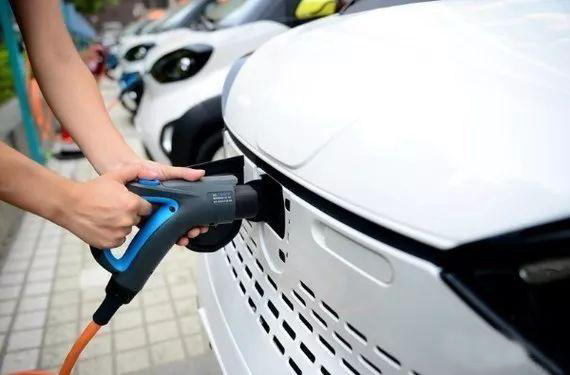
Recently, the relevant departments of China have released the latest policies. In order to ensure the healthy and sustainable growth of the domestic automobile market, the Chinese government requires all car companies in China, including Toyota, GM, BYD, and BAIC, to meet the government's new energy vehicle sales quota.
Car companies that cannot meet the quota can purchase the quota from the enterprises that have exceeded the quota, otherwise they will face fines from the Chinese government. This also demonstrates the determination and attitude of the Chinese government to “lead the green future”. The industry generally believes that this regulation will help reduce domestic dependence on imported oil, and it will also help alleviate greenhouse gas problems that plague many Chinese cities.
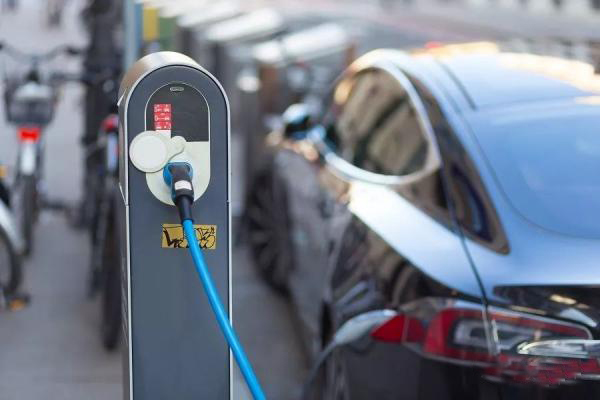
In order to maintain market share in China, many large car companies have begun to step up their plans to try to meet sales quotas.
Last year, Volkswagen Group's sales in China accounted for 40% of the group's sales. The group leader said that in the next decade, Volkswagen will launch nearly 40 new energy models in the Chinese market. "The Volkswagen Group will certainly meet the government's quota targets."
In addition, the Chinese government has decided to increase the proportion of new energy buses to 10% by 2020. In other words, by 2020, at least half of the nationally purchased buses are new energy vehicles.
The Chinese government also stipulates that starting in 2020, taxis in some cities in China will also be new energy vehicles!
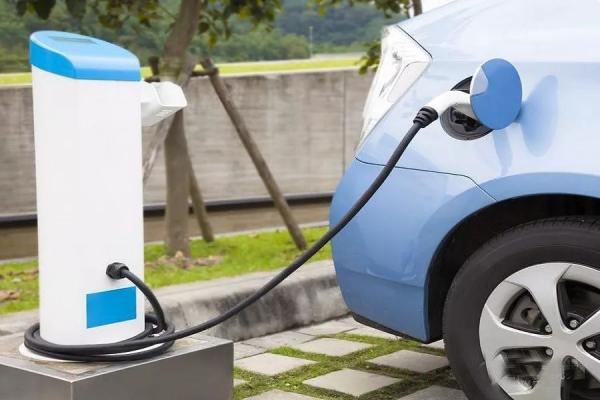
The Chinese government encourages the development of new energy vehicles through tax exemptions and car subsidies to reduce pollution pressure.
At present, the government subsidizes up to $7,900 for pure electric vehicles with a service life of more than 400km, which is equivalent to one-third of the price of a BYD electric car! And the subsidy policy will continue until 2021.
















 RCCN WeChat QrCode
RCCN WeChat QrCode Mobile WebSite
Mobile WebSite

